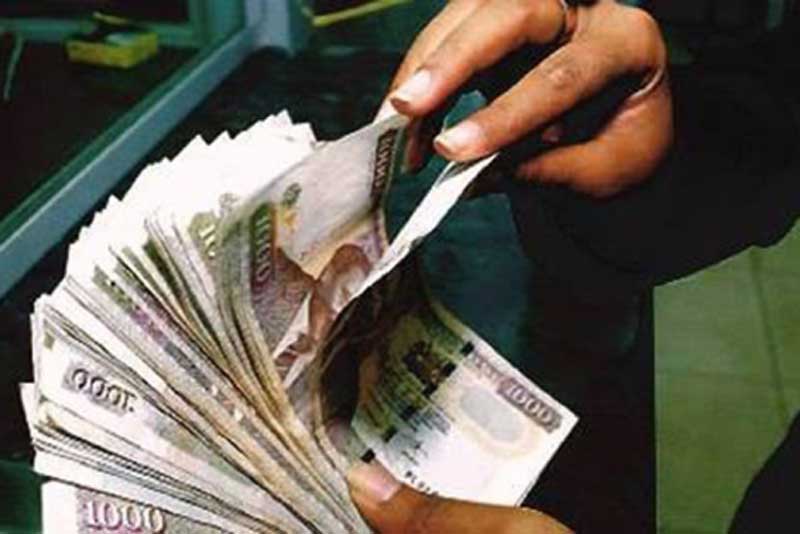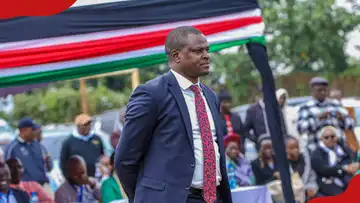
A jaw-dropping revelation has surfaced: the Kenyan government is preparing to disburse Sh17 billion in payments linked to questionable contracts and irregular procurements, triggering fears that taxpayers will foot the bill for corruption and mismanagement.
This massive payout comes as the state defends its actions, insisting that prior lender agreements and legal obligations force it to proceed — even as critics argue it represents gross misuse of public funds. The scale of the disbursement has raised alarm across civil society, opposition leaders, and watchdog groups.
What the Sh17 Billion Covers
According to internal documents obtained by investigative reporters:
- A portion of the funds is slated to settle contracts awarded to companies that are bankrupt or have histories of court disputes.
- Some of the deals relate to projects that were never delivered, or delivered partially, yet the contractors have sued for compensation.
- The government claims a number of these payouts are legally mandated, under arbitration judgments or as part of settlement agreements initiated by prior administrations.
National Treasury insiders have reportedly been pressured to approve the disbursement swiftly, citing impending court deadlines and risk of default judgments that would carry penalties and legal costs.
Public Outcry and Political Backlash
Opposition politicians, anti-corruption bodies, and citizen groups reacted with outrage:
- The Kenya Human Rights Commission called the payout “a brazen betrayal of the public trust.”
- Senior opposition MPs are demanding that the Auditor-General and Ethics and Anti-Corruption Commission immediately investigate how these contracts passed procurement red flags.
- Taxpayer associations warn that this move will deepen Kenya’s debt burden and divert funding from essential services like health, education and infrastructure.
Government’s Defense
Government officials respond that:
- Many of the payouts are unavoidable — failure to comply with court or arbitration rulings could expose Kenya to heavier losses, foreign judgments, or suspension of development aid.
- Some of the contractor claims predate current management and stem from negotiated settlements, mediation or force majeure cases.
- Treasury officials have initiated a review of public procurement systems to tighten oversight, improve transparency, and prevent similar payouts in future.
Why It Matters
- Budget strain: Sh17 billion is a huge amount in Kenya’s budget context — money that could have sustained schools, hospitals, roads, or social programs.
- Precedent: Approving such payments could incentivize further bid inflation, ghost contracts, and corruption — contractors might sue first, deliver later, or not at all.
- Erosion of confidence: Every scandal of this scale deepens public cynicism about whether public resources ever serve ordinary citizens rather than political or business elites.







